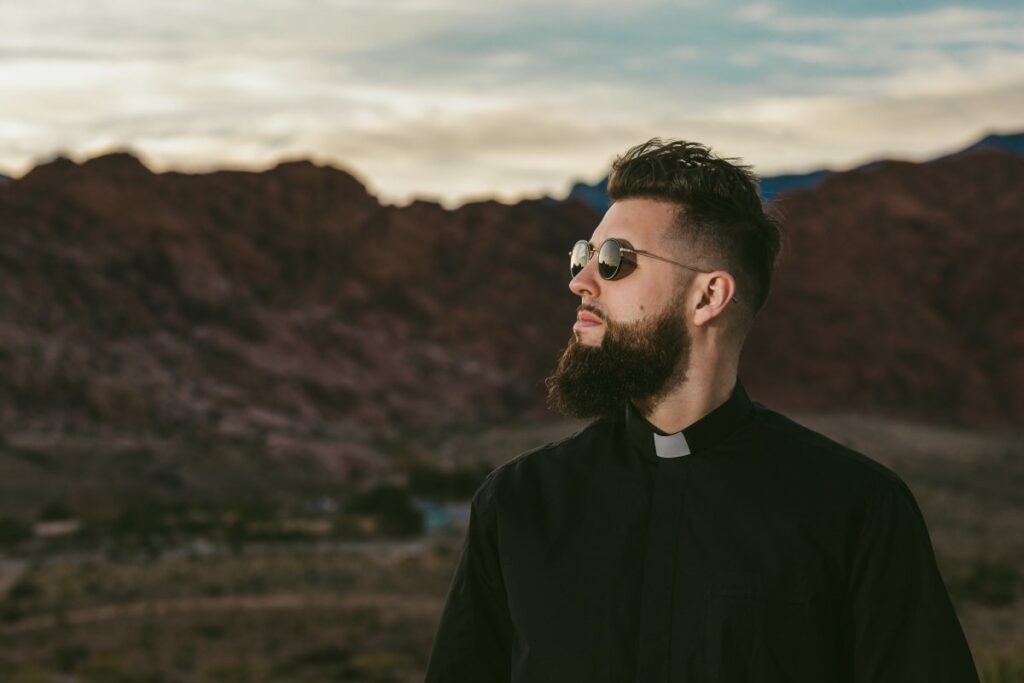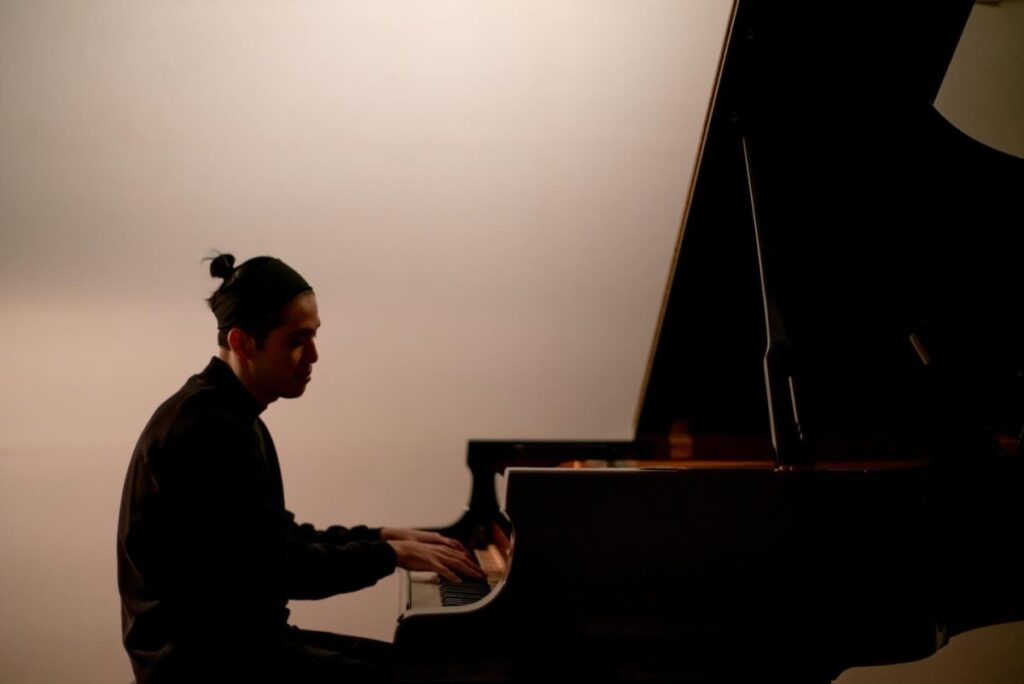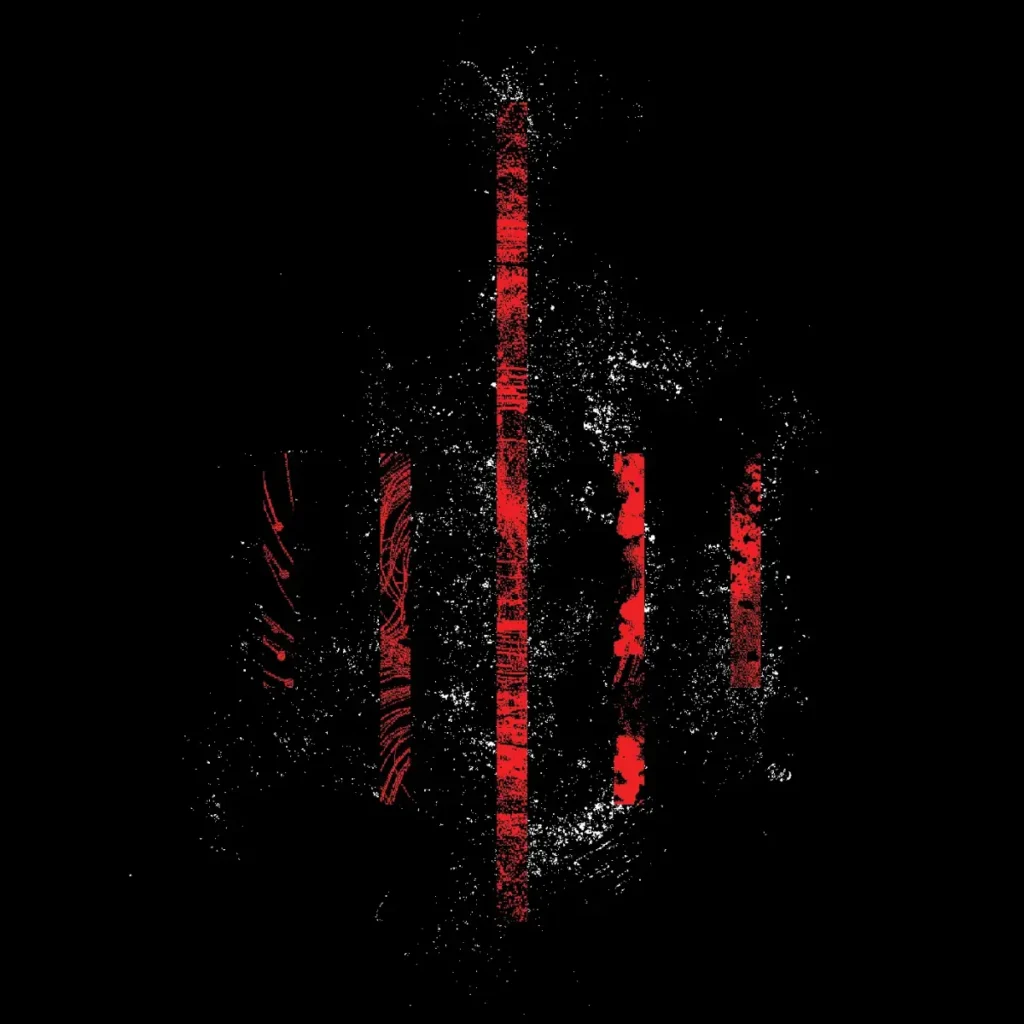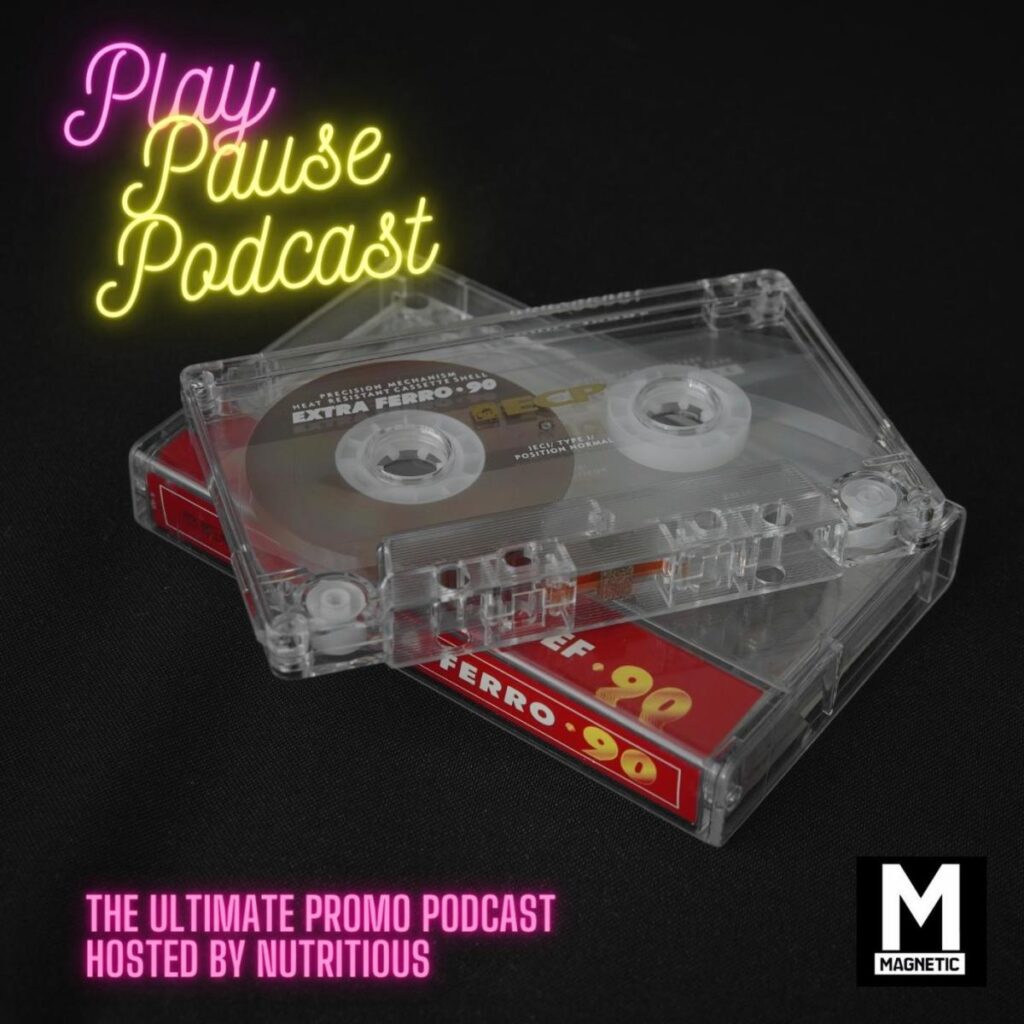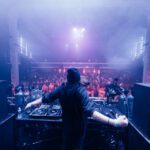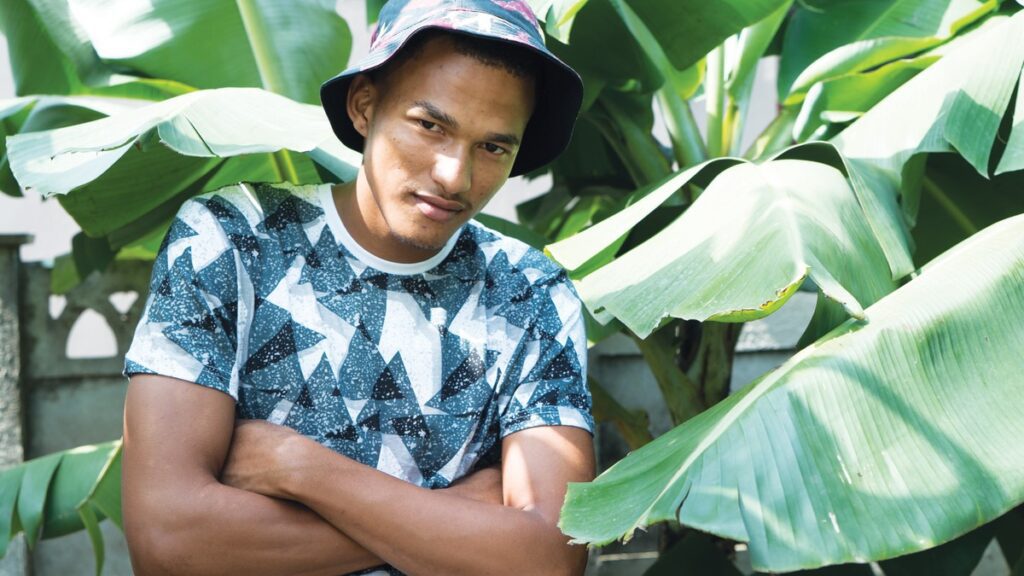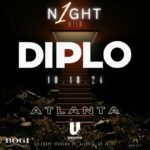The don of future house, the high priest of house music, whatever you want to call him, there were few artists who broke out like Tchami over the past seven or eight years. Over that time, he has become of the best-known names in French dance music, joining the Pardon My French collective with DJ Snake, Malaa & Mercer, while playing just about every big festival in the world. He has production credits on several Lady Gaga records as well.
He released his debut artist album Year Zero in October 2020 that expanded on the sonic palate he had initially curated, collaborating with rappers like Gunna, singers like Chace, Stacy Barthe, HANA and Marlena Shaw and Todd Edwards and some of his fellow producers like ZHU and Tony Romero as well. It all blends together indie-pop, disco, rap, 80’s influences and pop with his ability to create danceable house music.
With the new album out now, we asked Tchami to take us into his studio and show us the gear he uses all the time to make his music. If you want to reach the heights of the spiritual leader himself, check out how he works in the studio with this My Toolbox feature.
1. Moog SUB 37
This synth has inspired me for a lot of records, especially bass lines, but I can get some good kicks, leads and weird effects out of it. I like the fact that it’s mono because whatever weird processing I do, I can always go back to the good mono take I captured in the first place. This piece definitely made me realize how important it is to have great sounds. I used to rely a lot on processing with effects and all sorts of VSTs (I still do) and I thought I could get away with poor recorded samples by basically putting an effect chain on top of it to save the day. It’s so much easier when you already have great sounds.

Sub 37
Tchami
2. Studiologic SL73
For me, a good midi keyboard has always been very inspiring since I grew up playing piano. It is my go-to instrument, so the feeling of having “real piano” style keys is important to me. It has a sweetness that I can’t find anywhere else. It is just what fires my inspiration most of the time. And yet with all that possibility for expression, it’s an empty box and I still have to get a good VST instrument going with it.

SL73
Tchami
3. Metric Halo LIO-8
I’ve been a Metric Halo user for about 10 years now. I started with an ULN-2, which I still own and use when I’m in France. The thing with these interfaces is they are designed to last a long time. They have very good converters and are upgradable. One thing I always struggled with was the sound quality especially because I mix and master my music. This is the kind of interface you set up once and forget about it. I also love their internal console, which allows all sorts of internal routings. For me, it’s the sweet spot between quality, functionality and upgradability.

LIO-8
Tchami
4. Atelier
This is a space where I jam and record everything I do. There can be more instruments plugged in but I usually keep 2 instruments playing at the same time. My goal here is to make my own samples live and record them on the computer. The OP-1 is a world in itself and I won’t dive into it here. I like to use it to make ideas that I would expand on later in Ableton. On the right, there is a ZOIA Empress multi effect pedal. This can give a lot of edge and even change completely the sounds I’m working with. I always find presets that work for me. The Elektron Analog Heat in the back is a distortion unit. I can boost or destroy anything that comes out of the mixer.

Studio
Tchami
5. Push 2
Push 2 is an amazing writing tool for me. I use it in session view to create multiple sections of a track. Sometimes more than I will use. It is the most convenient way I have found to write music yet. Combining the swiftness of a computer with the live aspect of writing music on the fly. Sold it once and bought it again…

Push
Tchami
6. Audeze LCD-XC
Headphones are such a personal choice that I can only say that these work great for me. The Audeze LCD-XC are closed back headphones. I got introduced to them during one of the Lady Gaga sessions for her Chromatica album. Everyone involved in the record was concerned with getting the best tools for sound quality and I think it was Ben Rice (LG’s sound engineer) that talked me into using them. And on the cheaper side, I always liked the Audio Technica M50X. Still use them often. To be clear, I do two things with headphones — checking the low end of my mixes and to begin producing or mixing a record. It’s important to me that whatever headphone I use gives a good balance of what I’m trying to achieve. But again, headphones are a very personal subject, no matter how expensive they are.

Audeze LCD-XC
Tchami
7. Yamaha YC Combo Organ Synth
I used to like synths that are capable of a wide range of sounds. This one might seem a little narrow in that field and yet I can achieve so much with it. I usually have it as a layer on top of other sounds to give more movement. Whenever I’m stuck on a song, I almost always give this one a try. If nothing good comes out, I still had a good time playing with it and changed my mind for a second.

Organ
Tchami
8. Weiss Mastering Suite
These 2 have been on a lot of my masters; they just sound good and clean. I committed to learn and use them. I usually have the DS1_MK3 on the low end only. It grabs and makes it coherent, tight and precise. I like the way it sounds on most of my records. Almost always gives me that “A-ha” moment when I can say that “it sounds like a record now.”
9. Notepad
My good friend Movenchy gave me this habit to always have a notepad close to me. It saved me a countless amount of times from forgetting an idea. There is nothing worse than losing an idea and you know you had it but can’t access it anymore. It is so frustrating so I think this can be one of the most essential tools for me. Also I work with some hardware equipment so this allows me to save the settings I would have on a compressor or EQ.

Notepad
Tchami
10. Beyerdynamic M88 TG Microphone
I think that a microphone is a must-have in any home studio because there is no instrument other than the voice that has that range of expression. I’m far from being a good singer but I think my best melodies came while singing them. It just sounds natural and not overthought. I also like laying down harmonies in my tracks to give a different feel and texture to a section. I even kept some vocal takes on songs like “Untrue” or more recently “Monseigneur” that came out on Year Zero.

Microphone
Tchami


